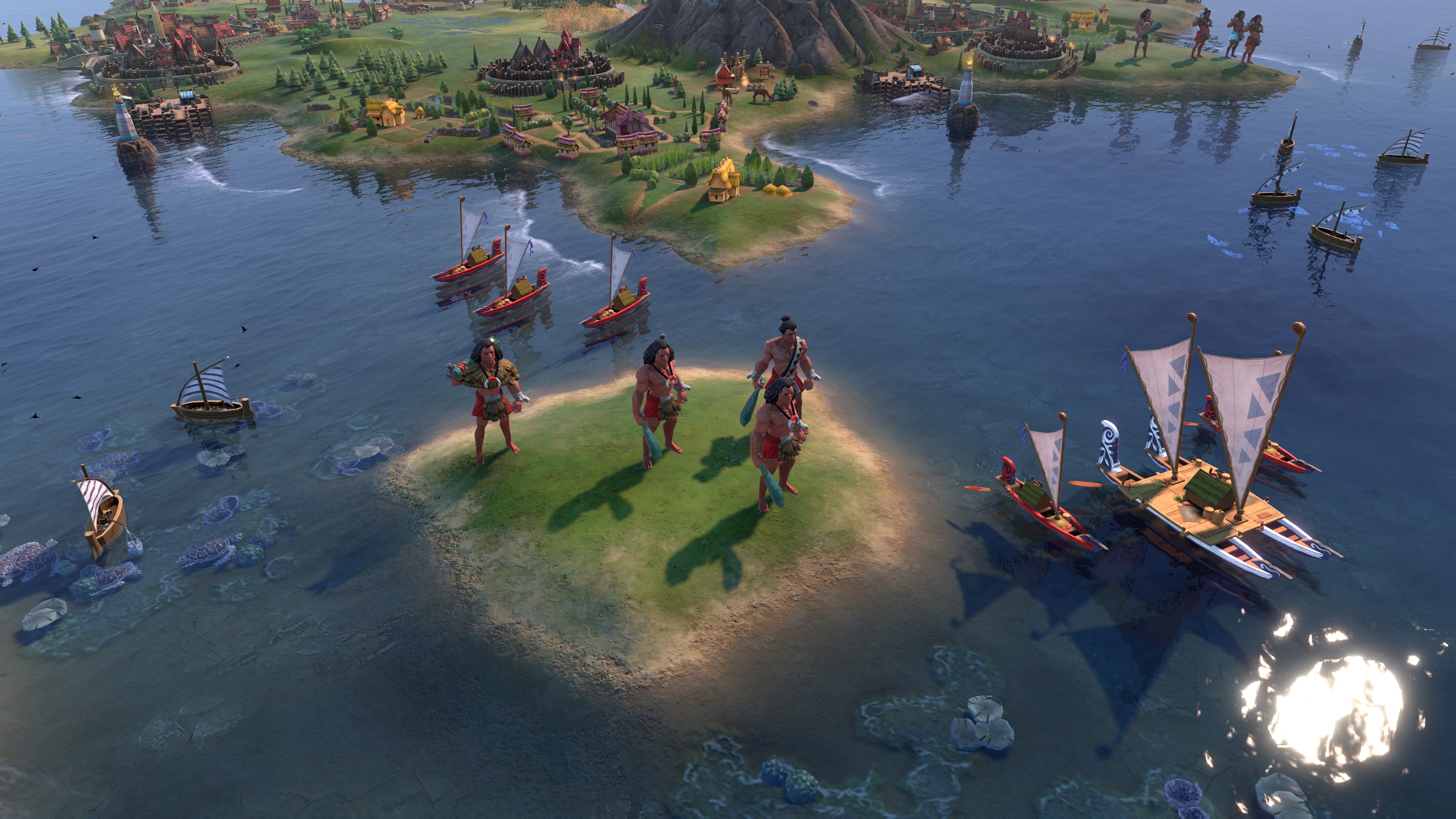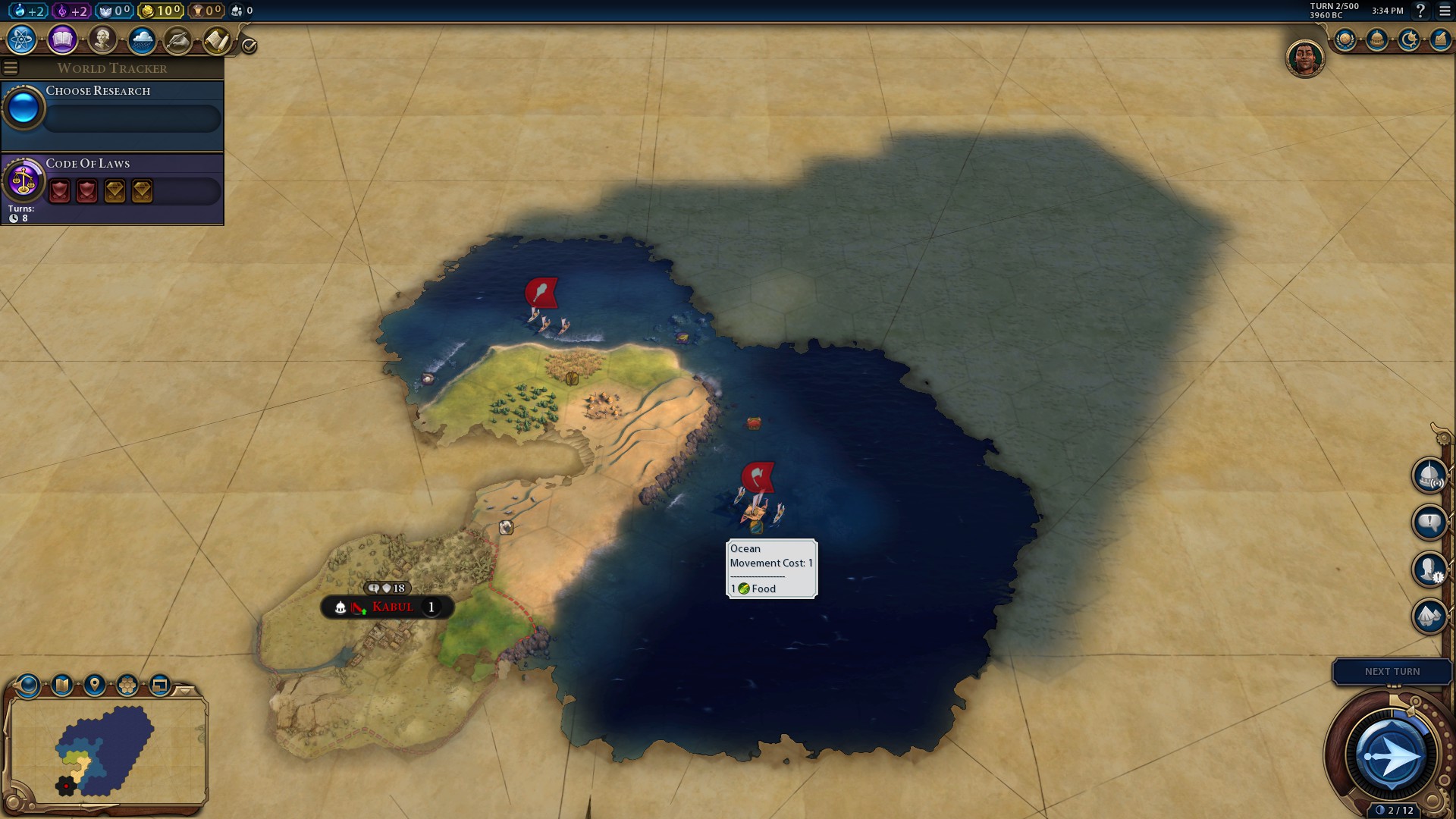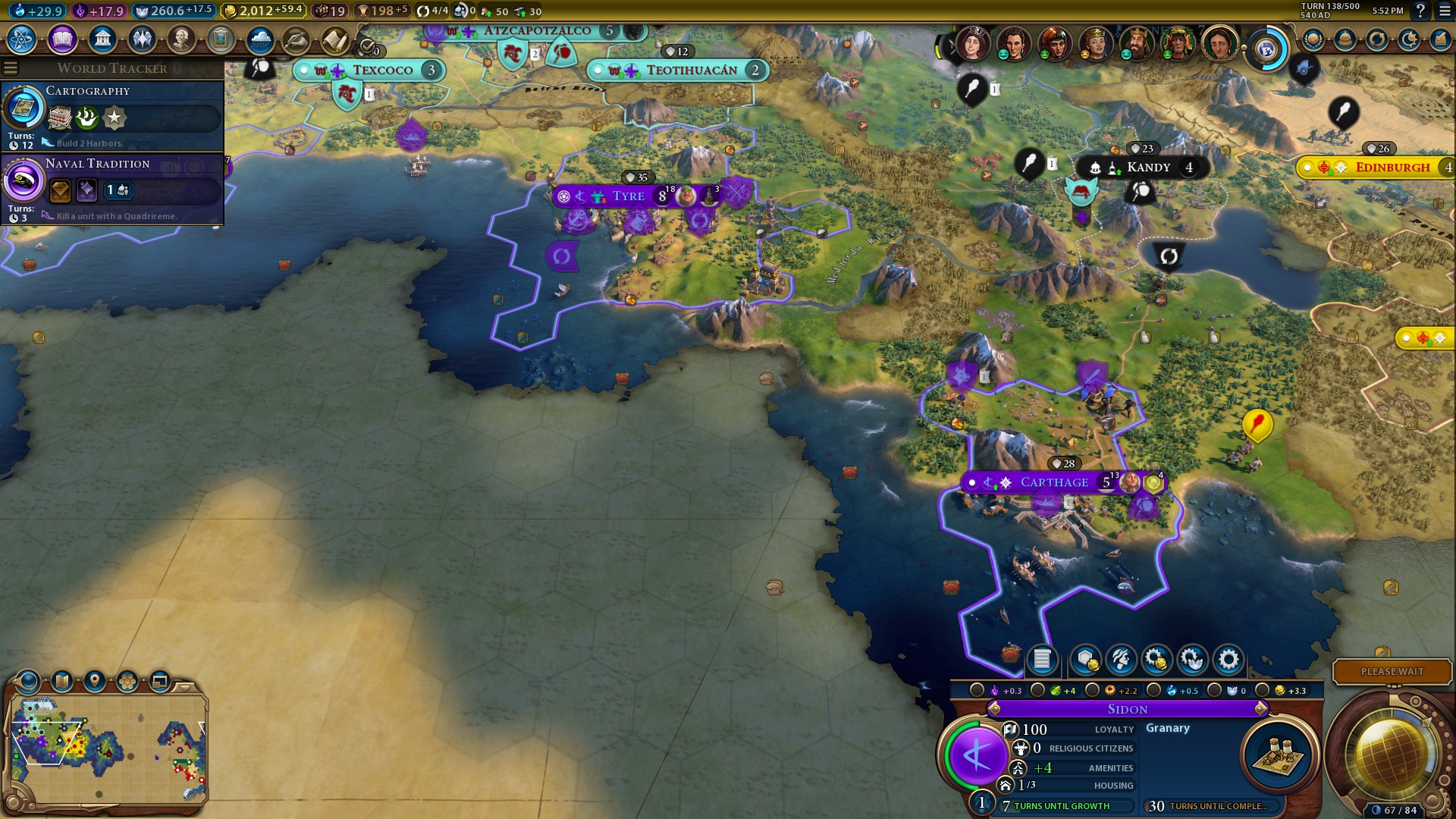


(Now, if you would just readjust movement costs to align with V, we'd be all set)! Power: I play carefree enough that I can often make it to the late game, and I enjoy the add costs of environmental and resource challenges to developing my empire. I'm now engaged with the system, and consider how I'm using and acquiring them. Resources matter, and it always should have been this way. Resources: Why oh why wasn't always like this? Of my two least favorite changes from V to VI, I'm so incredibly happy to see this one fixed. And I can't say it was pretty or an interesting event for my people.

While many of these were setbacks, I put myself in place for them by settling near where the later yields would see me flourish- so I only have myself to blame. Tornados have surprisingly damage my troops, dust storm have wreaked having, droughts have limited me when I really need to grow, and so on. Additionally, I play with climate settings maxed out, so I regularly get flooded and volcanoed (I've lost many citizens already, once a catastrophe that wiped a 10 pop mega-city of it's time down to a 3 pop rural outpost (remember, in civ games population has an exponential relationship to number of fictional people).
Civilization vi gathering storm upgrade#
Map: Not only has there been a massive and appreciable aesthetic upgrade (my fiancee that doesn't even play commented on this), but the map generation is more interesting and better developed. As Phoenicia, my empire is built around my "colonies", as my new distant capital citizens refer to them, and I've got harbors out the wazoo.

When I play as Mali, I'm working to maximize trade, building walls (because I have enough units and all my buildings and districts have been bought- thanks Reyna and Moksha), and generally feeling like an unparalleled economic powerhouse. More importantly, unlike most of the DLC and Rise & Fall civs, the civs of Gathering Storm feel like they bring unique approaches to how I play the game (even Canada, completely changing early game diplomacy without Surprise Wars). The new ensemble brings several needed favorites, and they sre balanced by new and replacement civs that haven't left me disappointed (except maybe Canada, but then I may immigrate there some day, so I'll keep an open mind). This was not the case, for me, with Gathering Storm. Civilizations: I honestly didn't know what to expect of the civ selections prior to the leak, because the last several announcements for Rise and Fall were truly underwhelming. ", which was rare before this expansion in Civ VI. The world feels real, diplomacy matters much more, resources are now handled more logically, and the new civilizations bring variety to how the game is played. The world feels real, diplomacy matters much more, resources are now handled more logically, and Overall: This is the game it was meant to be. Overall: This is the game it was meant to be. Seven new world wonders can be constructed, as well as a variety of new units, districts, buildings, and improvements. In addition to these new systems, Civilization VI: Gathering Storm introduces eight new civilizations and nine new leaders. Natural disasters like floods, storms, and volcanoes can pillage or destroy your Improvements and Districts – but they may also refresh and enrich the lands after they pass. The choices you make in the game will influence the world ecosystem and could impact the future of the entire planet. Chart a path to victory for your people by developing new advanced technologies and engineering projects and negotiating with the global community in the World Congress on critical issues. Chart a path to victory for your people by developing new advanced technologies and engineering projects and negotiating with the global community in the World Congress on In Gathering Storm, the second expansion to Civilization VI, the world around you is more alive than ever before.


 0 kommentar(er)
0 kommentar(er)
